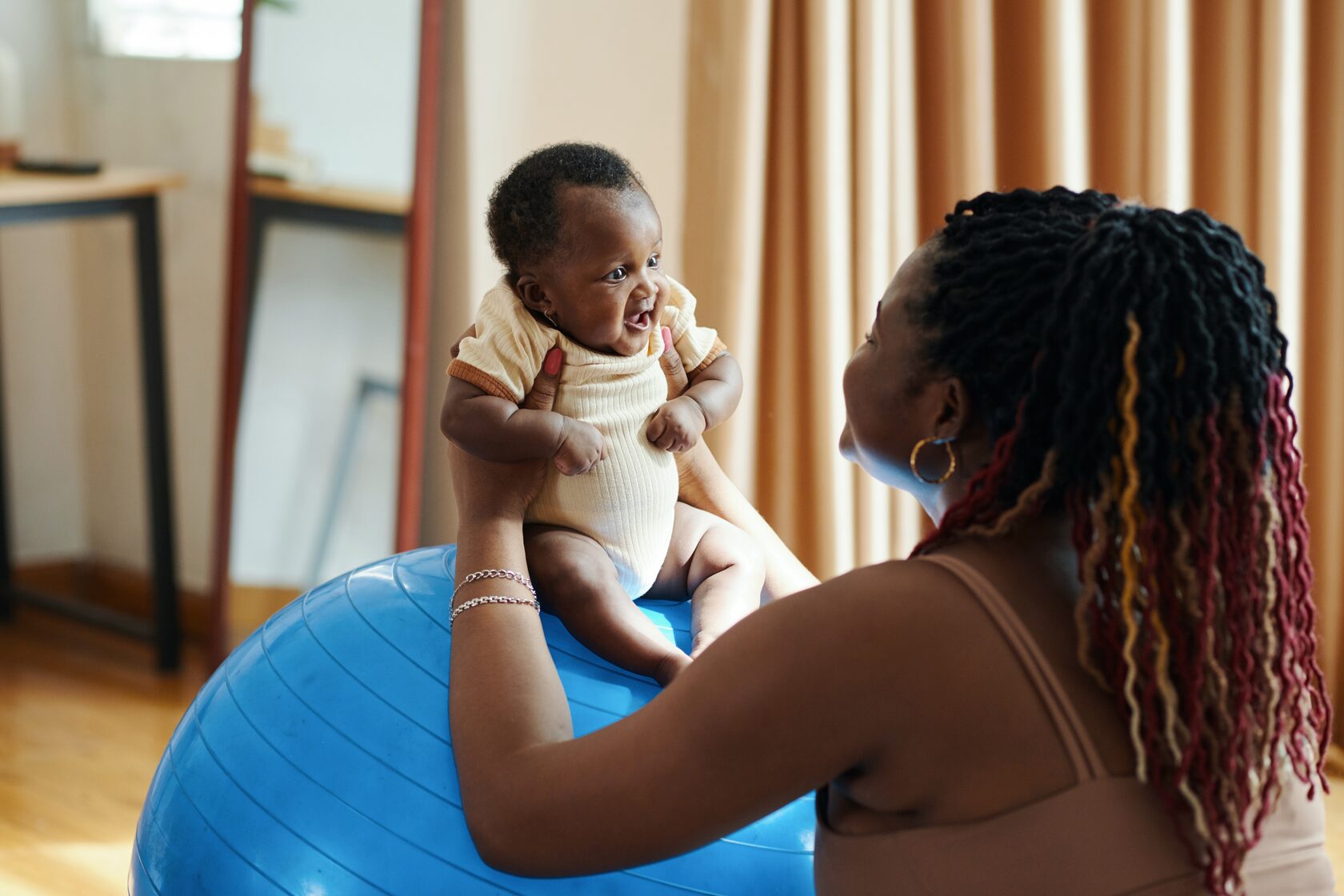The maternal instinct is one of the oldest and most complex concepts that continues to spark debates among scientists and society as a whole. There are many perspectives on the question: do women really have an innate desire for motherhood, or is it just a social construct? Let's delve deeper into this topic.
According to research, up to 60% of women claim to experience maternal feelings after childbirth. However, there are also women who do not experience this inclination or exhibit it to a lesser extent. This raises the question of whether the maternal instinct exists as an inherent quality in every woman.

Animals exhibit strong maternal instincts. When a kangaroo joey is in the embryonic stage, the mother kangaroo carefully licks her offspring to cleanse it of fetal membranes. Unlike animals, human maternal instinct can be more variable and depends on various factors, including social and cultural circumstances.

Arguments "for" the existence of the maternal instinct include observed instinctive reactions of mothers to threats to their children and their innate inclination for protection and care. On the other hand, some scientists believe it is more of a result of social influence and learning than an innate program.
In reality, instinct and attachment (the desire for care) are two different concepts. According to scientists, the maternal instinct exists only in animals, as it is an innate program that triggers under certain conditions. If women had a maternal instinct, they would begin to perform certain actions upon seeing any newborn baby. However, even if it does not exist in the form of instinct, mothers' love and care for their children remain one of the strongest and most important feelings in the world.
